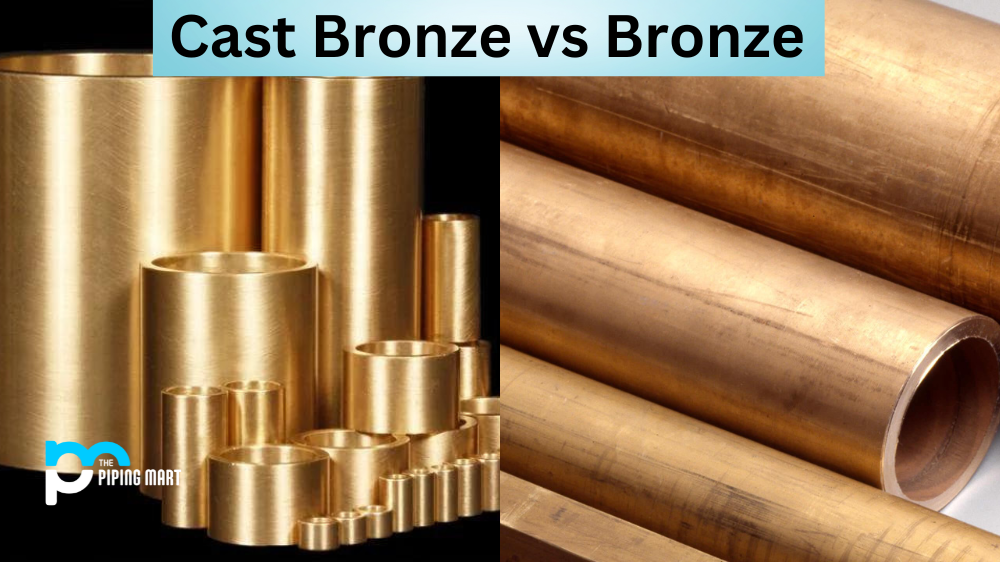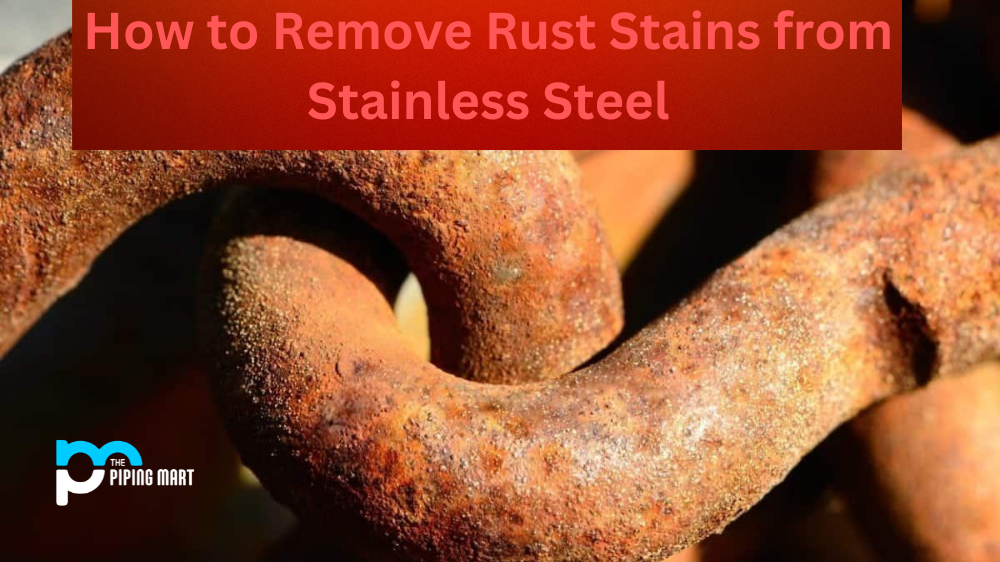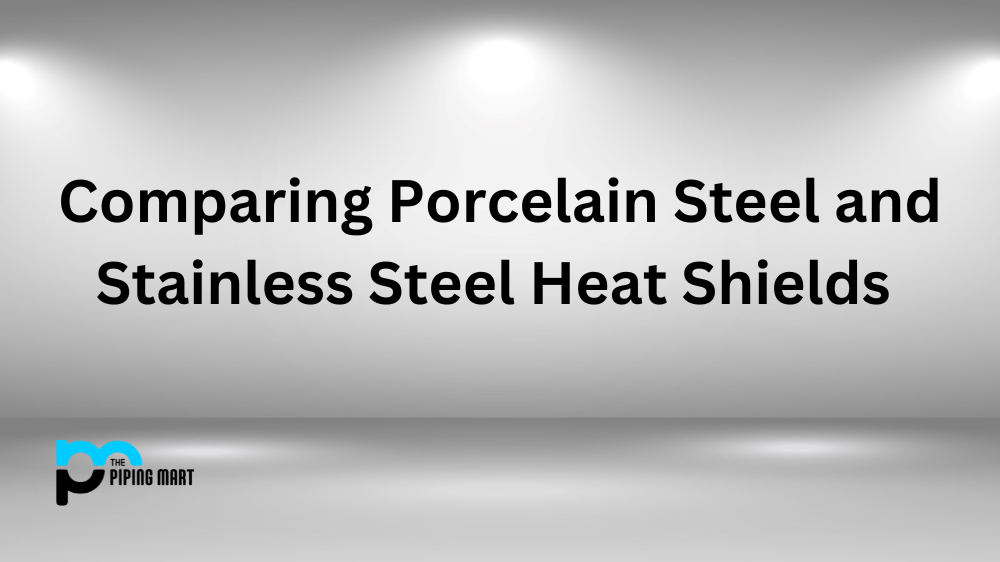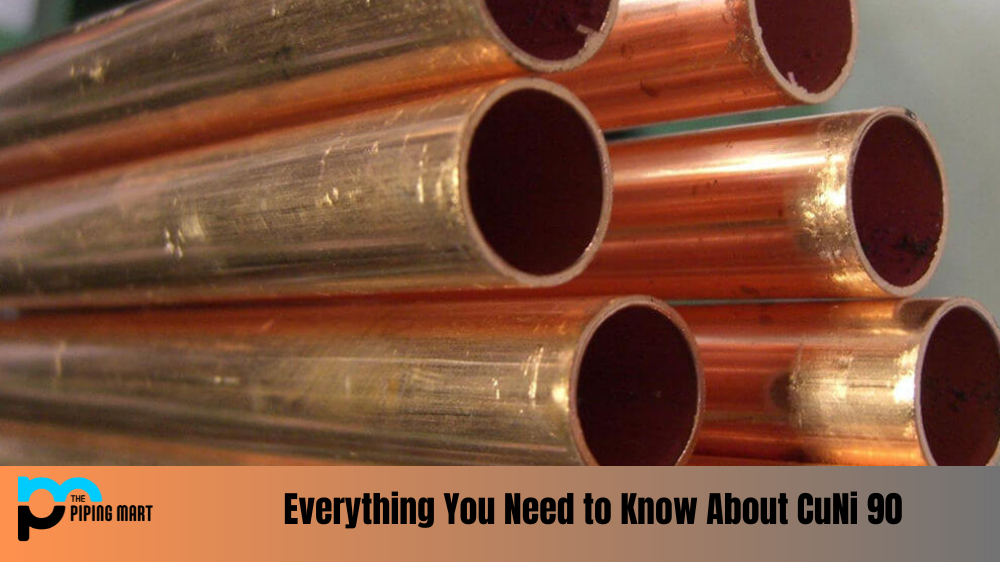Bronze has been a beloved material for centuries, with its warm golden hue and durability making it a popular choice for crafting various items. But when it comes to bronze, there are two main types: cast bronze and bronze. While these two materials may seem similar, several vital differences are essential to understand. In this blog post, we’ll explore the differences between cast bronze and bronze and help you decide which is best for your project.
What is Cast Bronze?
Cast bronze is a type of bronze that is made using a casting process. This means the bronze is heated until it melts and then poured into a mould to create the desired shape. This process allows for intricate details and conditions, making cast bronze famous for statues and sculptures. Cast bronze is also known for its high level of detail because it can capture every nuance of the mould.
What is Bronze?
Bronze is a type of metal alloy that is made by combining copper and tin. It is a popular material for crafting various items, including coins, jewellery, and musical instruments. Unlike cast bronze, bronze can be made in multiple ways, including casting, forging, and stamping. It is also less expensive than cast bronze, which makes it an excellent choice for smaller projects.
Difference Between Cast Bronze and Bronze
Appearance
Cast bronze and bronze have different appearances. Cast bronze has a rough texture and is known for its rich copper colour. The casting process gives cast bronze a unique patina, which can enhance the texture and colour of the bronze. Conversely, bronze has a smoother texture and is often lighter than cast bronze. This is because bronze is an alloy, meaning its composition can vary depending on the manufacturer.
Durability
Both cast bronze and bronze are known for their durability. However, cast bronze is typically more durable than bronze due to the casting process. Casting bronze creates a more solid material, making it less likely to break or bend. Conversely, bronze can be more prone to cracking and dying due to its softer composition.
Cost
Regarding cost, bronze is typically less expensive than cast bronze. This is because the casting process used to create cast bronze requires more material, time, and labour. Bronze, on the other hand, can be made using a variety of methods, which can make it less expensive overall. However, it’s important to note that the cost of both materials can vary depending on the size and complexity of the project.
Advantages of Cast Bronze
One advantage of cast bronze is that it can be cast into intricate shapes. This makes it a popular choice for statues and other decorative items. Cast bronze is also solid and durable, making it a good choice for outdoor sculptures.
Disadvantages of Cast Bronze
One disadvantage of cast bronze is that it is more expensive than other types of bronze. Additionally, cast bronze can be challenging to work with, as it is hard to weld or solder.
Advantages of Bronze
One advantage of bronze is that it is less expensive than cast bronze. Additionally, bronze is easier to work with than cast bronze, as it can be welded or soldered.
Conclusion
Choosing between cast bronze and bronze depends on the project you have in mind. Cast bronze is ideal for larger projects that require intricate details and durability, such as statues and sculptures. Bronze is great for smaller projects, including jewellery, coins, and musical instruments. And while cast bronze is more expensive, its detail and durability may be worth the investment. Regardless of your choice, both cast bronze and bronze offer unique and beautiful characteristics that make them a favourite amongst artisans and artists.
Rachana is a dedicated and ambitious young woman who has made a name for herself in the metal industry. From her earliest days in the industry, Rachana showed a natural talent for problem-solving and a keen eye for detail. In her free time, She enjoys reading up on the latest advancements in the industry, as well as exploring new ways to innovate and improve upon existing processes.




